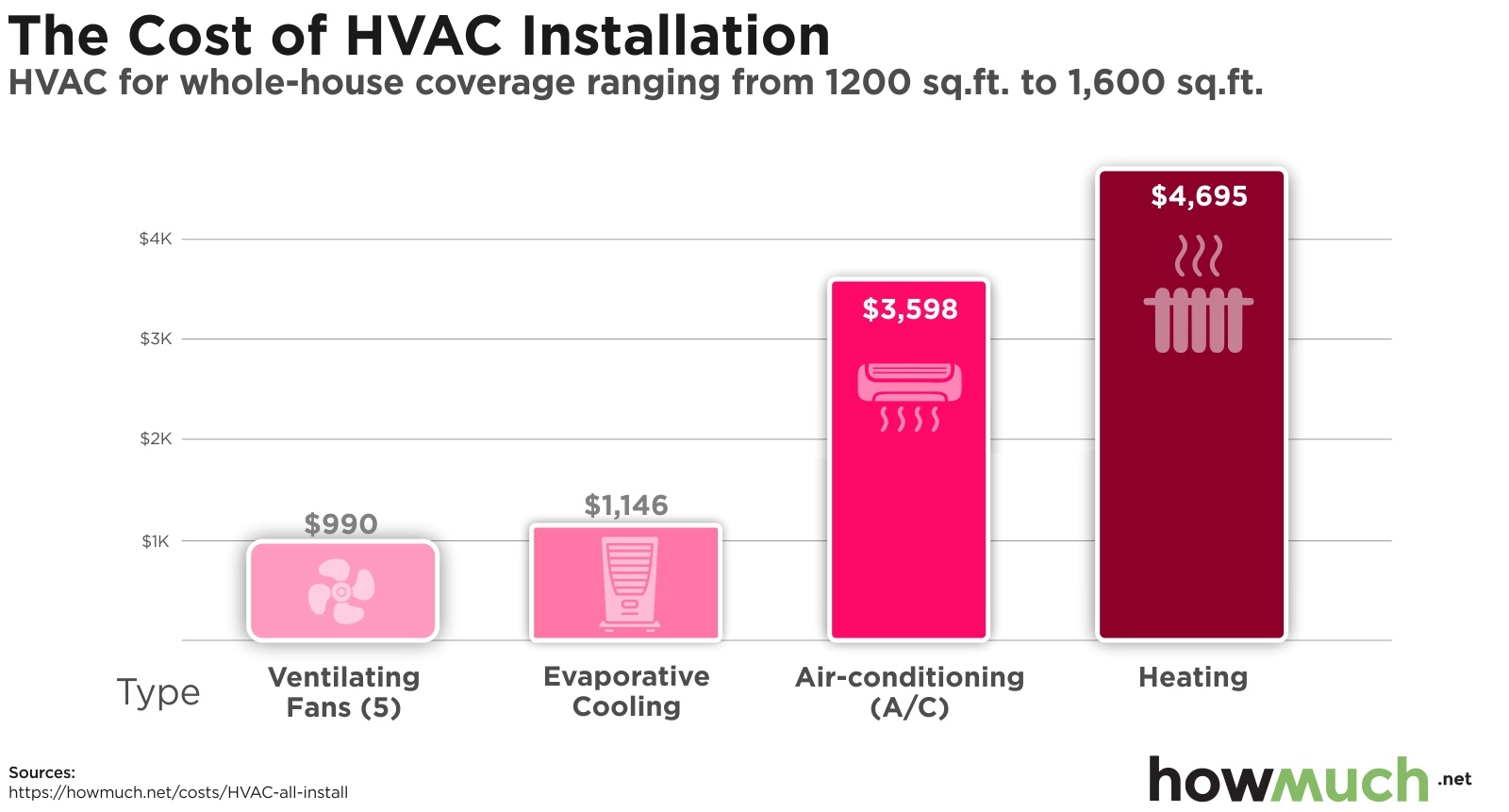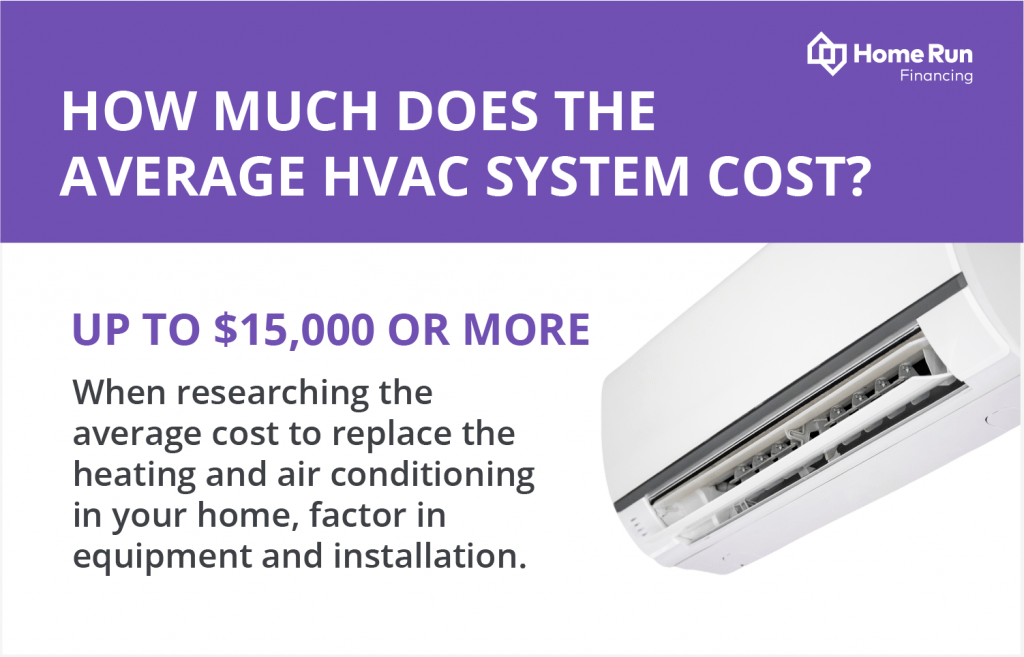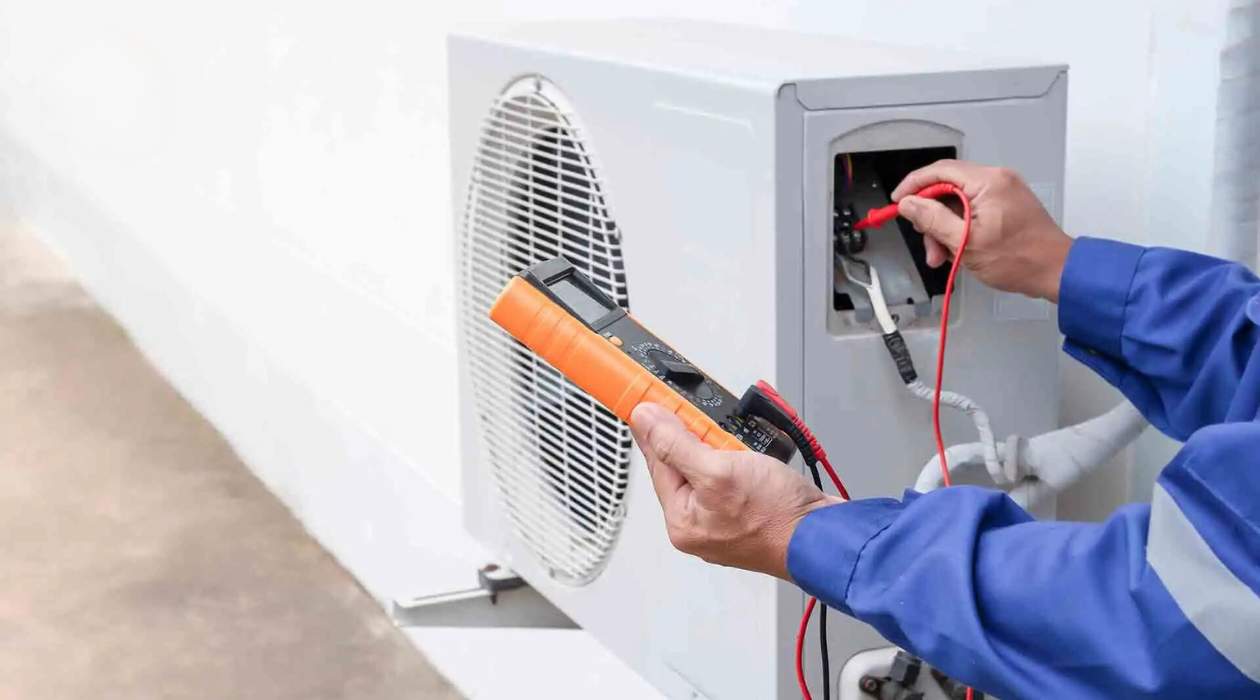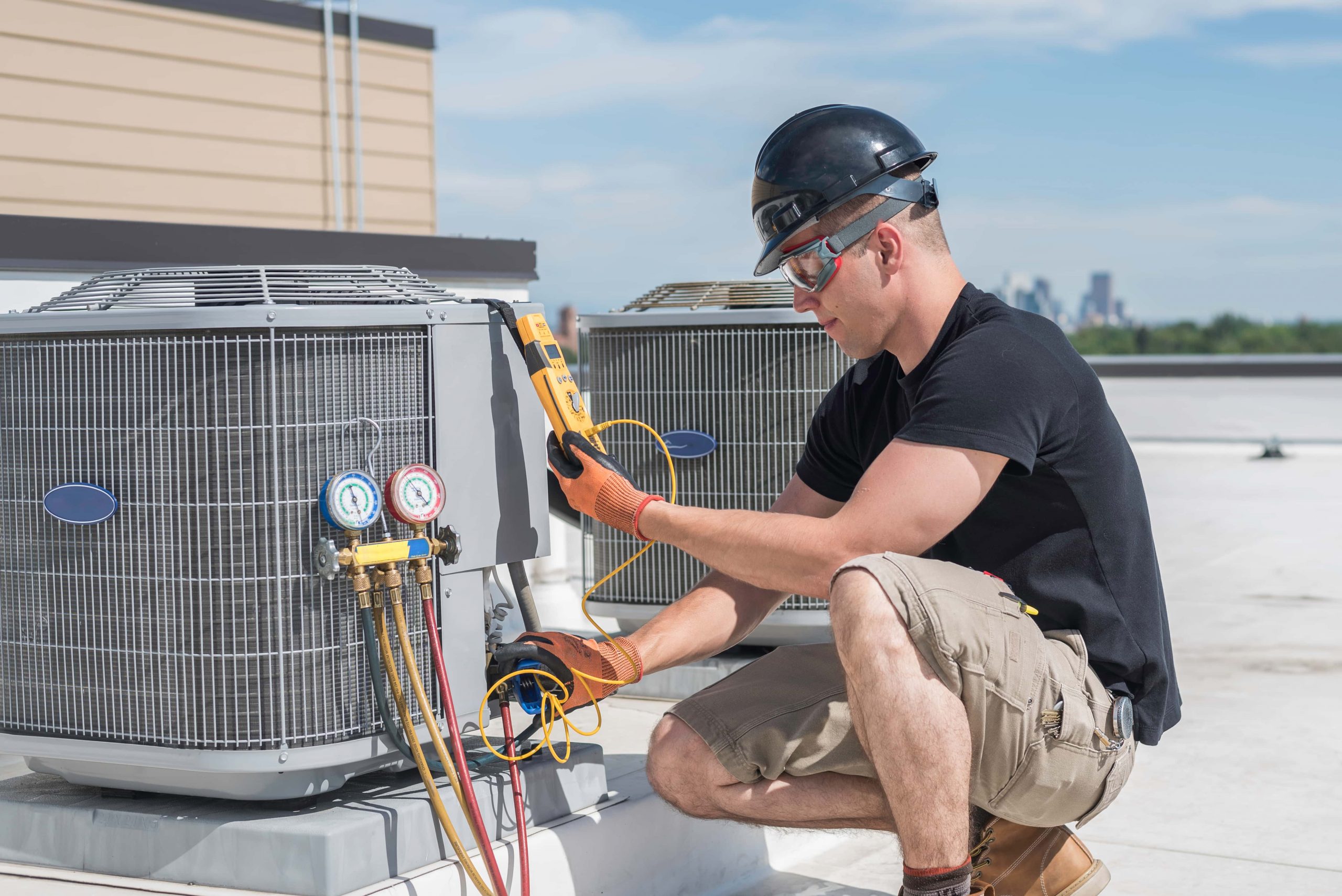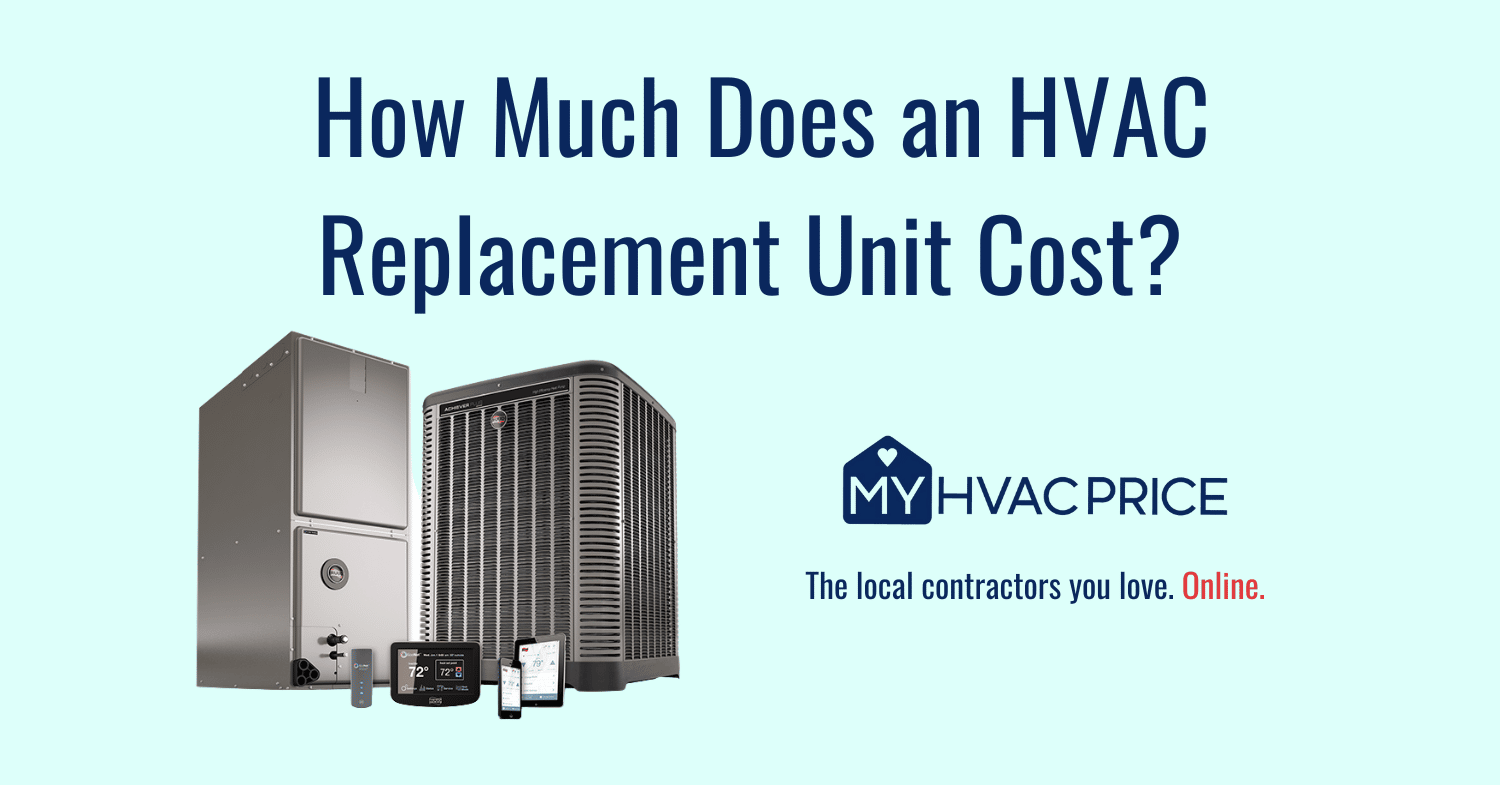How Much Does It Cost To Service An Hvac

Maintaining your HVAC (Heating, Ventilation, and Air Conditioning) system is crucial for energy efficiency, indoor air quality, and preventing costly breakdowns. But how much does it actually cost to service an HVAC system? The answer isn't always straightforward, as numerous factors influence the final price tag. This article breaks down the costs associated with HVAC servicing, explores ways to save money, and highlights the benefits of regular maintenance for both homeowners and businesses.
Understanding the Costs of HVAC Servicing
Several factors determine the cost of HVAC servicing. These include the type of service needed, the type of HVAC system you own, your geographic location, and the contractor you hire.
Types of HVAC Services and Their Costs
HVAC servicing encompasses a wide range of tasks, each with its own associated cost:
- Routine Maintenance/Tune-Up: This typically includes cleaning coils, checking refrigerant levels, inspecting electrical components, lubricating moving parts, and inspecting ductwork. The average cost for a tune-up ranges from $75 to $200 for a single system. Some contractors offer annual maintenance plans that can reduce the overall cost.
- Repair Services: Repair costs vary significantly depending on the problem. A minor repair, such as replacing a capacitor, might cost between $150 and $400. A more complex repair, like replacing a compressor, could easily exceed $1,000 or even $2,000.
- Emergency Services: If your HVAC system breaks down outside of regular business hours, you'll likely incur an additional fee for emergency service. Expect to pay a premium, often ranging from $100 to $300 on top of the standard repair cost.
- Duct Cleaning: Over time, dust, allergens, and other contaminants can accumulate in your ductwork, reducing efficiency and impacting indoor air quality. Duct cleaning typically costs between $300 and $1,000, depending on the size of your home and the complexity of the duct system.
- Refrigerant Recharge: If your air conditioner is not cooling properly, it may be due to a refrigerant leak. Adding refrigerant can cost between $200 and $500, but it's crucial to identify and repair the leak to prevent future issues and environmental damage. Note that R-22 refrigerant is being phased out, and newer systems use more environmentally friendly alternatives like R-410A.
HVAC System Type and Servicing Costs
The type of HVAC system you own also influences servicing costs. For example:
- Central Air Conditioning: Central AC systems generally have lower servicing costs compared to other systems, as they are relatively straightforward in design.
- Heat Pumps: Heat pumps are more complex than central AC systems, and servicing costs tend to be higher. They require specialized knowledge and tools to diagnose and repair.
- Furnaces: Furnace servicing costs vary depending on whether it's a gas furnace, oil furnace, or electric furnace. Gas furnaces often require annual inspections to ensure safe operation and prevent carbon monoxide leaks.
- Ductless Mini-Split Systems: These systems can be more challenging to service due to their multiple indoor units and complex refrigerant lines.
Geographic Location and Contractor Rates
Labor rates for HVAC technicians vary by geographic location. Urban areas with a higher cost of living typically have higher labor rates than rural areas. The contractor you choose also affects the cost. Established, reputable companies may charge more than independent contractors, but they often offer better guarantees and more experienced technicians.
Saving Money on HVAC Servicing
While HVAC servicing involves costs, there are several ways to minimize expenses and maximize your investment.
Preventive Maintenance: The Key to Long-Term Savings
The most effective way to save money on HVAC servicing is through preventive maintenance. Regular tune-ups can identify and address minor issues before they escalate into major problems. This can prevent costly repairs, extend the lifespan of your equipment, and improve energy efficiency. According to the Energy Star program, proper HVAC maintenance can reduce energy consumption by up to 30%.
DIY Maintenance Tasks
Some basic maintenance tasks can be performed by homeowners, such as:
- Changing Air Filters: Regularly replacing air filters is crucial for maintaining airflow and preventing dust buildup. Replace filters every 1-3 months, or more frequently if you have pets or allergies.
- Cleaning Outdoor Units: Clear debris, leaves, and weeds from around the outdoor unit to ensure proper airflow.
- Inspecting Ductwork: Visually inspect ductwork for leaks or damage. Seal any visible leaks with duct tape or mastic sealant.
Important Note: While DIY tasks can save money, it's essential to leave complex repairs and maintenance to qualified HVAC professionals. Attempting to repair HVAC equipment without proper training can be dangerous and may void your warranty.
Negotiating with Contractors
When hiring an HVAC contractor, don't hesitate to negotiate the price. Get quotes from multiple contractors and compare their prices and services. Ask about discounts, rebates, and financing options. Many contractors offer seasonal promotions or discounts for seniors or military personnel.
Energy Efficiency Rebates and Incentives
Many utility companies and government agencies offer rebates and incentives for energy-efficient HVAC equipment. Check with your local utility company and the Energy Star website to see what rebates are available in your area. Upgrading to a high-efficiency HVAC system can significantly reduce your energy bills and qualify you for valuable rebates.
The ROI of Regular HVAC Servicing
While HVAC servicing involves an upfront cost, the return on investment (ROI) can be significant. Regular maintenance offers several benefits:
- Improved Energy Efficiency: A well-maintained HVAC system operates more efficiently, reducing energy consumption and lowering your utility bills.
- Extended Equipment Lifespan: Regular maintenance can extend the lifespan of your HVAC equipment by several years, delaying the need for costly replacements.
- Improved Indoor Air Quality: Clean coils and ductwork improve indoor air quality, reducing allergens and pollutants.
- Reduced Repair Costs: Preventive maintenance can identify and address minor issues before they escalate into major problems, saving you money on costly repairs.
- Increased Home Value: A well-maintained HVAC system can increase the value of your home.
Smart HVAC Integration for Enhanced Efficiency
Integrating your HVAC system with smart home technology can further enhance energy efficiency and reduce costs. Smart thermostats, sensors, and zoning systems allow you to control your HVAC system remotely and optimize energy usage based on your specific needs.
Smart Thermostats
Smart thermostats learn your heating and cooling preferences and automatically adjust the temperature to save energy. Many smart thermostats also offer features like geofencing, which automatically adjusts the temperature when you leave or return home. According to a study by Nest, their smart thermostat saves customers an average of 10-12% on heating bills and 15% on cooling bills.
Smart Sensors
Smart sensors can monitor temperature and humidity levels in different rooms of your home and adjust the HVAC system accordingly. This helps to ensure consistent comfort throughout your home and prevent wasted energy.
Zoning Systems
Zoning systems allow you to divide your home into different zones and control the temperature in each zone independently. This can be particularly beneficial for homes with uneven heating or cooling, or for households with different temperature preferences.
Choosing the Right HVAC Contractor
Selecting a qualified and reputable HVAC contractor is crucial for ensuring quality service and fair pricing. Consider the following factors when choosing a contractor:
- Licensing and Insurance: Ensure that the contractor is licensed and insured to protect yourself from liability.
- Experience and Expertise: Choose a contractor with experience servicing your type of HVAC system.
- Reputation and Reviews: Check online reviews and ask for references from previous customers.
- Pricing and Guarantees: Get quotes from multiple contractors and compare their prices and services. Ask about warranties and guarantees on their work.
By understanding the costs of HVAC servicing, implementing preventive maintenance measures, and integrating smart home technology, you can save money, improve energy efficiency, and ensure the long-term reliability of your HVAC system. Remember to always prioritize safety and hire qualified professionals for complex repairs and maintenance.
